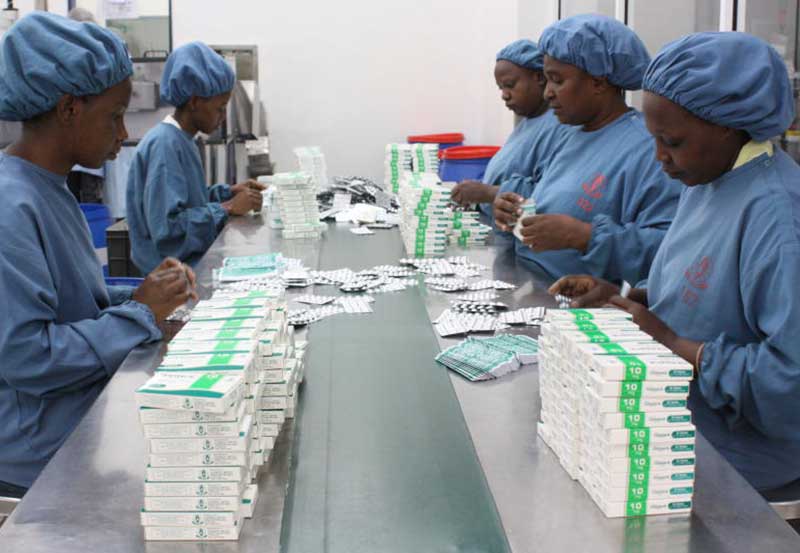×
The Standard e-Paper
Join Thousands Daily

James Bosire believes generic drugs are not good. But he is very wrong.
"At any given time a family member or I get sick and are asked to buy medicine, I always go for original drugs," he says, adding that he does not believe in the efficacy of generics.